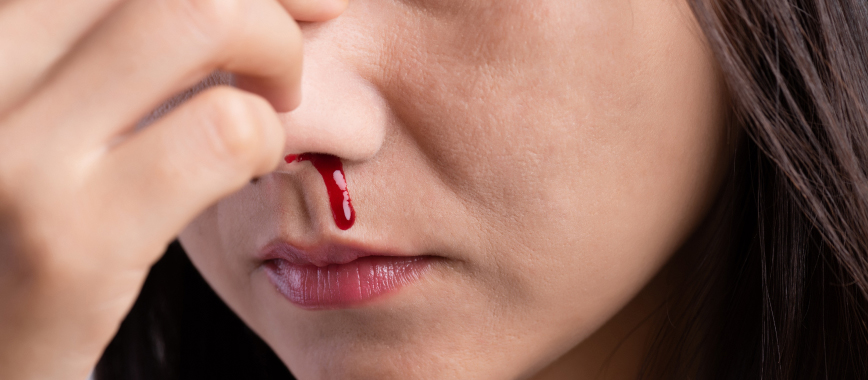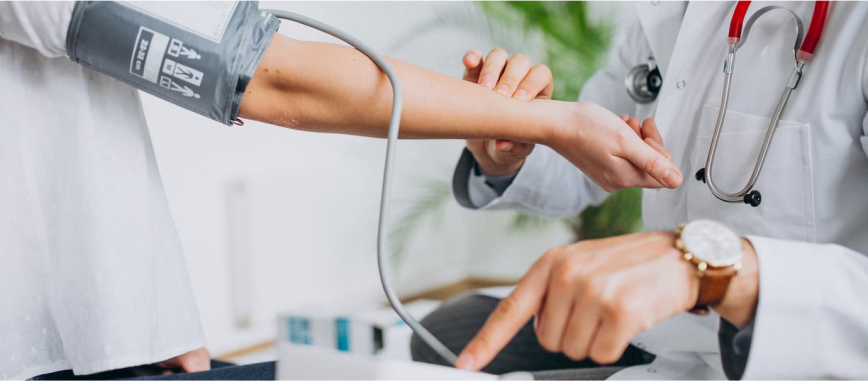Search Healthy Tips here
- Please wait..
Explore categories
What is the reason behind Nosebleeds, how to recover it?

Nosebleeds, medically known as epistaxis, can be alarming and uncomfortable. They occur when blood vessels in the nose rupture, leading to bleeding from the nasal passages. While nosebleeds can be caused by various factors, they are generally harmless and can be managed effectively. In this blog post, we will explore the common causes of nosebleeds and discuss methods to recover from them.
Dry Air:
One of the most common causes of nosebleeds is dry air, which can irritate and dry out the delicate nasal membranes. To recover from nosebleeds caused by dry air, consider using a humidifier in your home to add moisture to the air. Additionally, applying a thin layer of petroleum jelly inside the nostrils can help keep the nasal passages moisturized.
Trauma or Injury:
Nosebleeds can also occur due to trauma or injury to the nose, such as a blow to the face or nose picking. To recover from nosebleeds caused by trauma, apply gentle pressure to the nostrils by pinching them together and leaning forward slightly to prevent blood from flowing into the throat. Applying a cold compress to the bridge of the nose can help constrict blood vessels and reduce bleeding.
Nasal Irritation:
Irritants like dust, pollen, strong odors, and chemical fumes can cause nasal irritation and trigger nosebleeds. Avoid exposure to such irritants as much as possible. If you are in an environment with irritants, consider wearing a mask or using nasal filters to protect your nasal passages.
Nasal Infections:
Infections, such as sinusitis or the common cold, can lead to inflammation and congestion in the nasal passages, making them more susceptible to nosebleeds. To recover from nosebleeds caused by nasal infections, it is important to treat the underlying infection. Use saline nasal sprays or rinses to keep the nasal passages clear and moist.
Underlying Medical Conditions:
Certain medical conditions, such as high blood pressure, blood clotting disorders, or nasal structural abnormalities, may increase the risk of nosebleeds. If you experience frequent or severe nosebleeds, it is advisable to consult a healthcare professional for further evaluation and appropriate treatment.
Prevention Tips:
- To reduce the occurrence of nosebleeds, consider implementing the following preventive measures:
- Keep the nasal passages moisturized by using saline nasal sprays or applying a thin layer of petroleum jelly.
- Avoid picking your nose or blowing your nose forcefully.
- Use a humidifier to add moisture to the air in your home, especially during dry seasons.
- Protect your nose from trauma by wearing appropriate headgear during physical activities or sports.
- Stay hydrated by drinking plenty of water to keep the nasal membranes moist.
Conclusion:
Nosebleeds can occur due to various reasons, including dry air, trauma, nasal irritation, infections, or underlying medical conditions. While most nosebleeds can be managed at home with simple measures like applying pressure and keeping the nasal passages moisturized, it is important to seek medical attention if the nosebleeds are frequent, severe, or accompanied by other concerning symptoms. By understanding the causes and implementing preventive measures, you can effectively recover from nosebleeds and minimize their occurrence.










